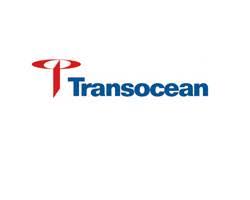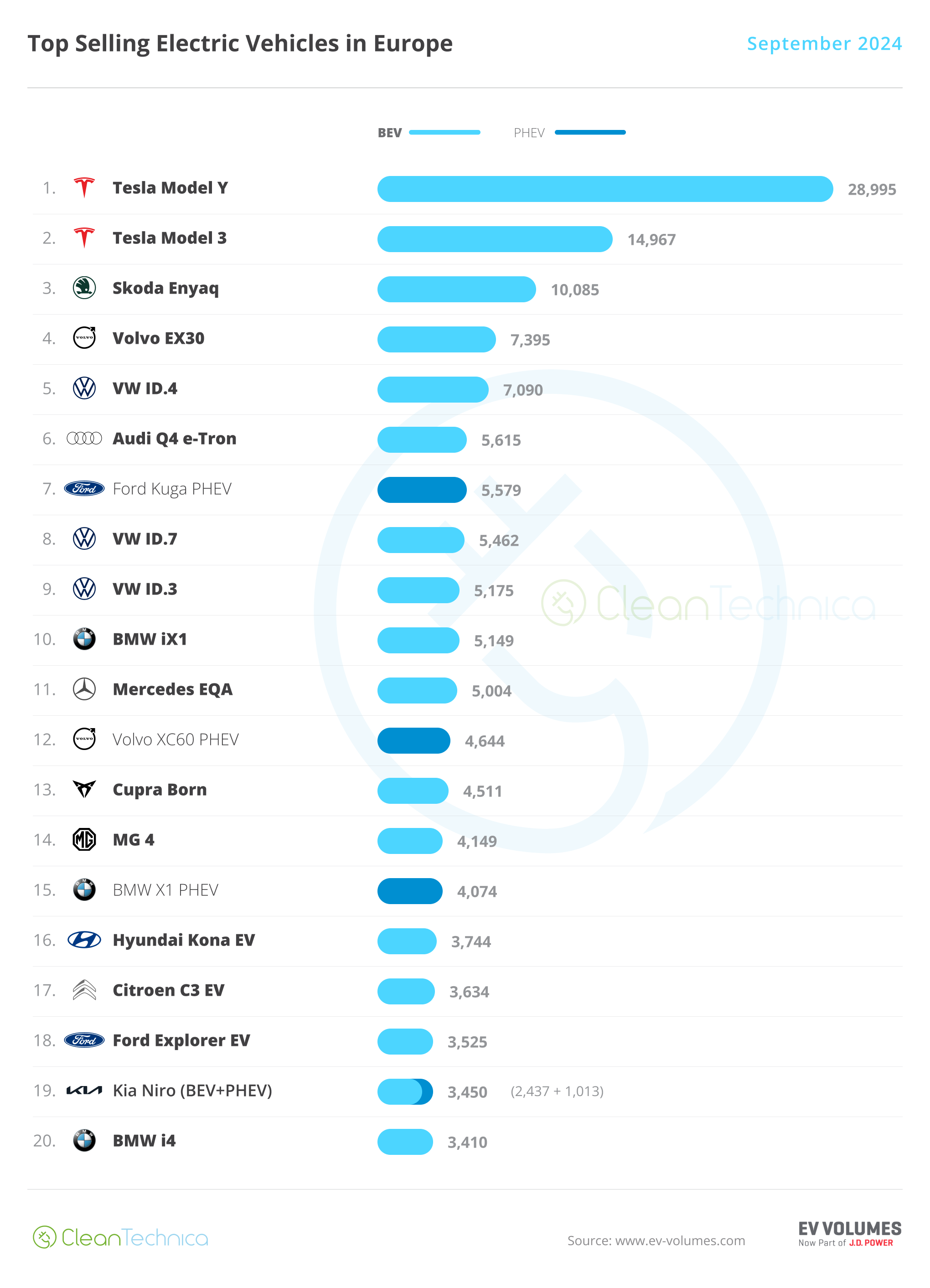SIMEC Mining has successfully implemented a tailings management sustainability project that, it says, has resulted in positive environmental and operational benefits for its Iron Duke iron ore mine in South Australia.
A project initiated by SIMEC and completed with supplier/partner Solenis, it has resulted in a significant reduction in polymer usage and water consumption which translates to CO2 emissions being reduced by 65 t/y, while 18,250 cu.m of water will be saved annually, the company claims.
The success of this project has now been recognised with a Solenis Sustainability Award.
SIMEC Mining Iron Ore Executive General Manager, Jacqui Higgins, said the project was a worthy recipient when considering the positive environmental benefits and better use of resources.
“Sustainability and a reduced impact on our environment are key words when it comes to our mining operations and our aspirations for the future,” Higgins said. “SIMEC Mining, as part of GFG Alliance, is on a journey towards sustainability and a future that involves green iron and Carbon Neutral by 2030 (CN30) ambitions.
“That includes some big transitional plans but, just as importantly, these projects also contribute to our future aspirations and form important building blocks in our plans for a more sustainable, environmentally-friendly operation.”
Founded in 2020, the Solenis Sustainability Award program is designed to recognise customer projects that have positively impacted the planet. It acknowledges ongoing collaboration between the respective companies on projects that deliver reduced water use, reduced energy consumption, decreased greenhouse gas emissions, optimised raw material utilisation or reduced waste.
The project focuses on optimising flocculant dosage at Iron Duke’s tailings storage facility (TSF). The TSF stores processing plant waste material as a liquid slurry that inherently contains valuable water that is not recovered from the tailings dam. The tailings treatment program enables the mine to recover this water immediately for re-use in the processing plant. The chemical flocculant program facilitates this tailings treatment and water recovery process while the effective management of the TSF is crucial for structural integrity and environmental protection, SIMEC explained.
The solution involved optimising flocculant dosage based on variable factors like water flow, density and total solids. SIMEC and Solenis identified key measurable variables and developed algorithms linked to the Solenis PraestoSpeed 120™ polymer makeup and dosage system. On-site control was facilitated through the plants operating system with remote monitoring via an online platform.
Results indicated dry flocculant usage decreased from 700 kg/d to 200 kg/d, translating to a verified annual cost saving of approximately A$850,000 ($556,571) for SIMEC, as well as the aforementioned environmental benefits.




